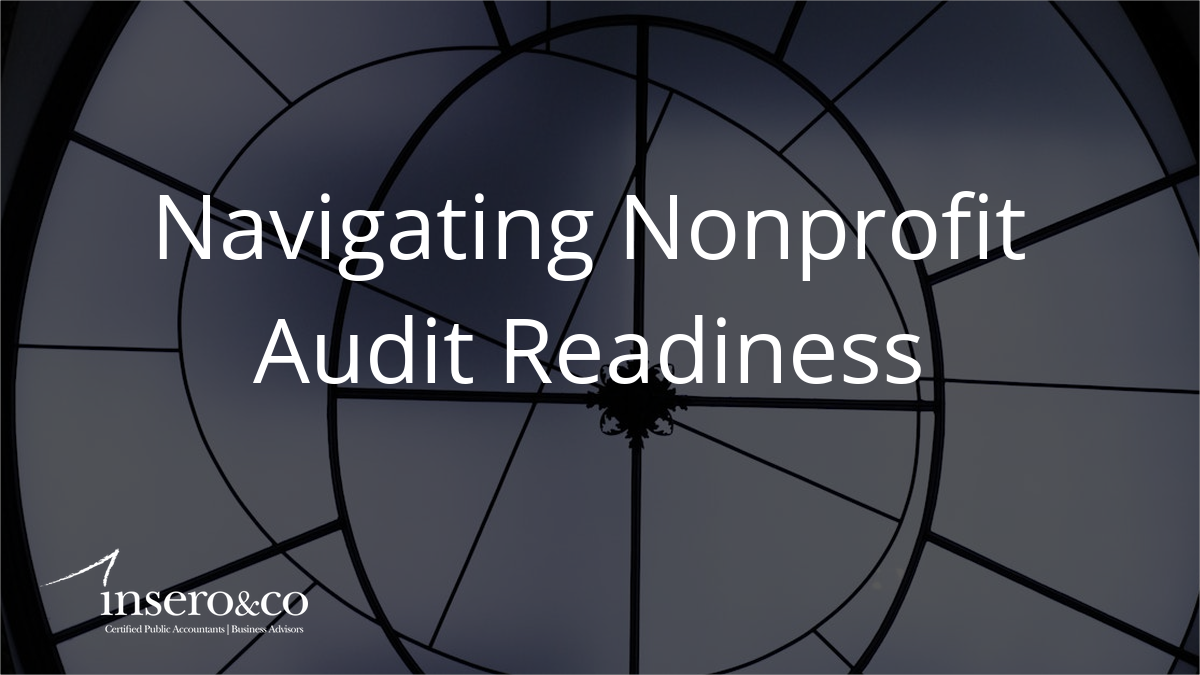What the 2017 Tax Reform Means for Nonprofits
Individual filers have already seen how the recently passed tax reform law—the Tax Cuts and Jobs Act of 2017—affected their taxes, including the good, the bad, and the unexpected. Now, it’s nonprofits’ turn.
The 2017 law features a number of changes that will affect nonprofits, including these three provisions that experts expect to be especially impactful.
Higher Unrelated Business Tax Income
The change likely to affect the most nonprofits is the addition of Section 512(a)(7), which eliminates deductions nonprofits used to be able to take for certain fringe benefits, effectively increasing unrelated business taxable income (UBTI).
Under this new tax requirement, you must include the cost of employer-provided fringe benefits for which there is no deduction under federal law (such as transit benefits and employee parking) in your UBTI. Nonprofits will have to pay taxes at the corporate rate of 21% on the qualifying benefits provided.

Activities that Trigger For-Profit-Like Taxes
The tax law has a new section, Section 512(a)(6), that requires nonprofits to separately compute unrelated business taxable income for each trade or business. Previously, if you had multiple trades or businesses, you could offset gains in one activity with losses in another. The new section eliminates that option. You can carry your losses forward for a particular trade or business, but you can no longer offset them.
New Excise Tax on Executive Compensation
Nonprofits with high executive compensation need to be aware of Section 4960 of the Internal Revenue Code, which imposes a 21% excise tax on certain nonprofits that employ “covered employees” who receive either “excess compensation” (total annual compensation in excess of $1 million) or an “excess parachute payment” (severance in excess of three times a base amount defined as part of Sec. 4960).
Another new tax to be aware of is the Section 4968 excise tax that will affect some private colleges and universities by imposing an excise tax equal to 1.4% of qualifying institutions’ net investment income for the taxable year. This new tax will only apply to about 30 to 50 institutions in the country—just make sure you know if yours is one of them.
Get Help from Tax Experts
Those are just a few of the changes to the tax law that nonprofits need to know about. To make sure you’re aware of, and complying with, all the new requirements, talk with the tax professionals at Insero & Co. We can help you navigate all the latest changes and free your internal team to focus on more mission-focused work.




